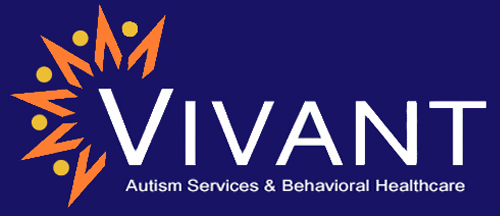Applied Behavior Analysis (ABA) therapy is an evidence-based service endorsed by organizations like The National Institute of Mental Health, The American Academy of Pediatrics and The American Psychological Association. ABA is often considered the “gold standard” for treatment and support for children and families impacted by Autism Spectrum disorder and helps kids learn everything from communication to daily living skills.
When ABA therapy was first used in the 1970s, the original goal was to support kids with ASD to become “indistinguishable from their neurotypical peers”. As research into Autism Spectrum disorders has advanced, providers have adjusted their lens to better embrace the learning and sensory differences experienced by children and adults with Autism Spectrum disorders. Modern ABA practices emphasize acceptance, empowerment and awareness of the vast neurodiversity of individuals – which is referred to as “Neuropositivity”. Neuropositivity highlights the need for diversity and the development of positive self-esteem in all kids regardless of ability. Neuropositivity is not just a buzz word – there are proven scientific benefits for individuals and families! According to the National Institutes of Health (NIH), using a neuropositive approach in ABA therapy “activates brain systems associated with self-related processing and reward and is reinforced by future orientation.” In other words, Neuropositivity actually supports brain processing and learning!
The Role of Caregivers and Therapists
Caregivers, clinicians, and the community play all an important role in each individual’s Autism journey! By surrounding children with Autism Spectrum disorders with a support team that understands the importance of neuropositivity helps to nurture confidence and build resiliency. Whether this means uniting your care team (get your Speech Therapist on board with your BCBA, the Preschool teacher, and Neurologist!) or recruiting family to help promote self-esteem by exploring your child’s special interests. It takes a village! Don’t be afraid to recruit yours and rely on those around you.
Everyday Strategies for Fostering Neuropositivity
Integrating affirmations into daily routines can help make Neuropositivity your new “normal”. Surround yourself with people who understand and support this goal. Maybe that’s a social media group of moms with neurodiverse children. Maybe it’s a neurodiverse play group. Or, maybe it’s finding resources so when you’re ready to engage with the Autism community, you know just where to go. The world is your oyster!
More Resources to Support Neuropositivity in Your Child’s Life
- Free Printables with the Therapist Neurodiversity Collective
- Neurodiversity Resources for Parents & Professionals with The Center for Connection
